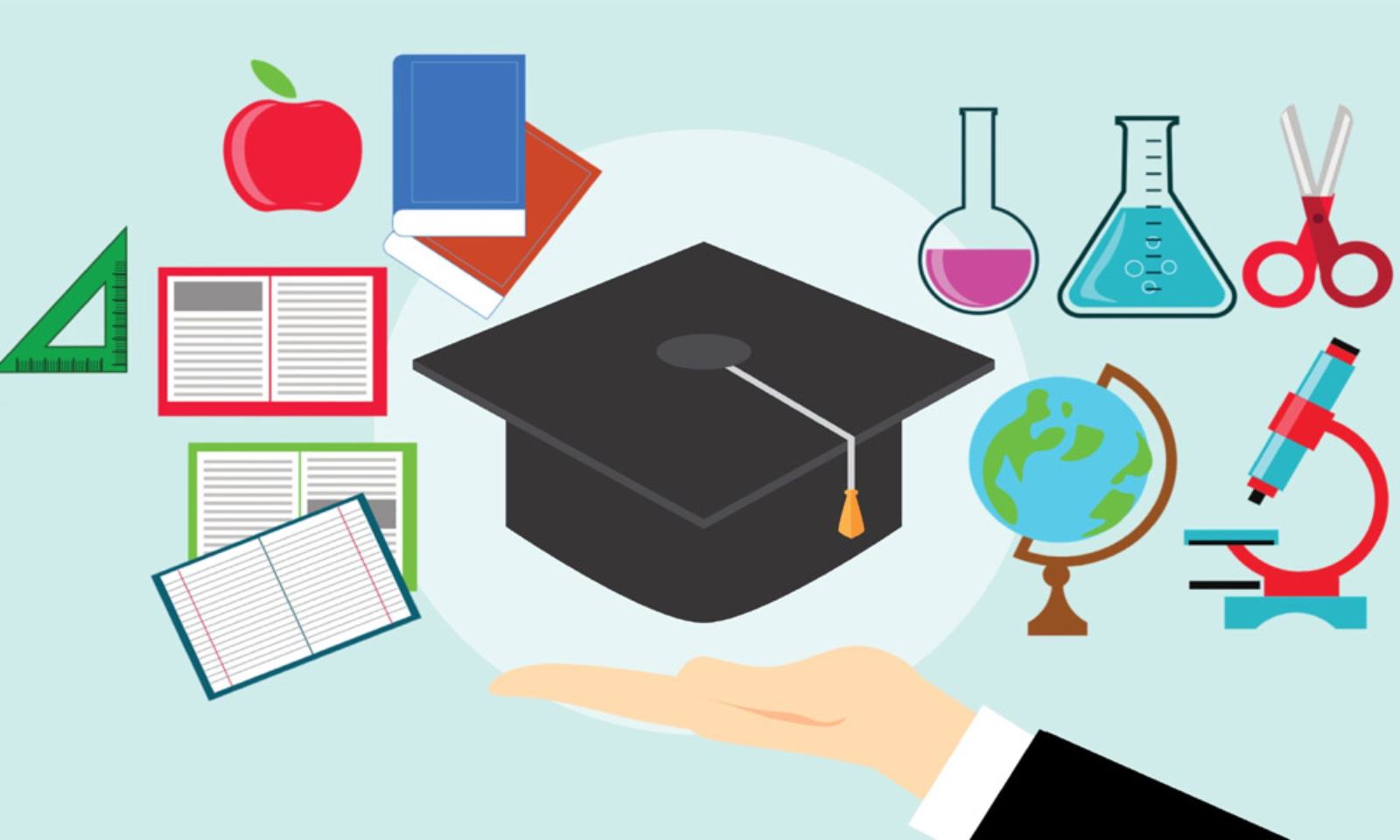
Experiential learning is a method that helps students learn by doing things or experimenting with things. According to theorist David Kolb, the experiential learning process helps one to understand the process of learning and understand the subject in detail.
Some other famous people’s quotes on experiential learning are.
Richard Branson states, “You don’t learn to walk by following rules. You learn by doing and by falling over.”
Albert Einstein said, “I never teach my pupils, I only provide the conditions in which they can learn.”
These reveal the significance of experiential learning.
Experiential learning was perceived as an alternative to traditional classroom learning, where students can experiment with what they have learned. But, currently, classroom teaching is integrated with experiential learning to aid in learner development. This is because classroom learning is reinforced with the help of experiential learning. According to a National Survey of Student Engagement survey, collaborative, integrative, and hands-on learning experience has led to personal development and improved student performance.
The buzz in the industry is about experiential learning poised to become the future of education. Currently, memorising the subject and rote learning have been predominantly used in the education sector. This does not build any skills nor aid the character development of students, which is essential in the future workplace. On the other hand, we have experiential learning that builds several skills such as creativity, critical thinking, problem-solving and many more. Hence, experiential learning is perceived to be the future of education.
As digital technologies are on the rise, the distractions for students are increasing simultaneously. This calls for an immersive learning experience, or the students’ active role in learning is essential. Experiential learning is seen as a pathway to help the students assume an active role in the learning process rather than passive listeners. This also helps in improving the students’ engagement with the subject.
Technology has not transformed experiential learning, but it has transformed the way in which this is being done in educational institutions. For instance, several technologies, such as augmented learning and virtual reality, immerse students in real-world scenarios. This usage of technology is predicted to continue, thereby promoting experiential learning. Also, this helps the learners be in control of their learning.
Another major reason for considering experiential learning as the future is National Education Policy that has been proposed by the Indian Government, which aims to curbing rote learning and promoting experiential learning. As a result, the educational institutions would need to integrate or adopt experiential learning. This would help students move beyond theory and learn by doing things, enhancing their learning experience.
Experiential learning has been here for decades, which is bound to provide a whole new experience for the learners. The education industry has transformed over the years, and experiential learning is just another transformation aimed at improving the learning process. This type of learning would aid in the development and growth of students. Hence, educational institutions should brace for another transformation that benefits the students.